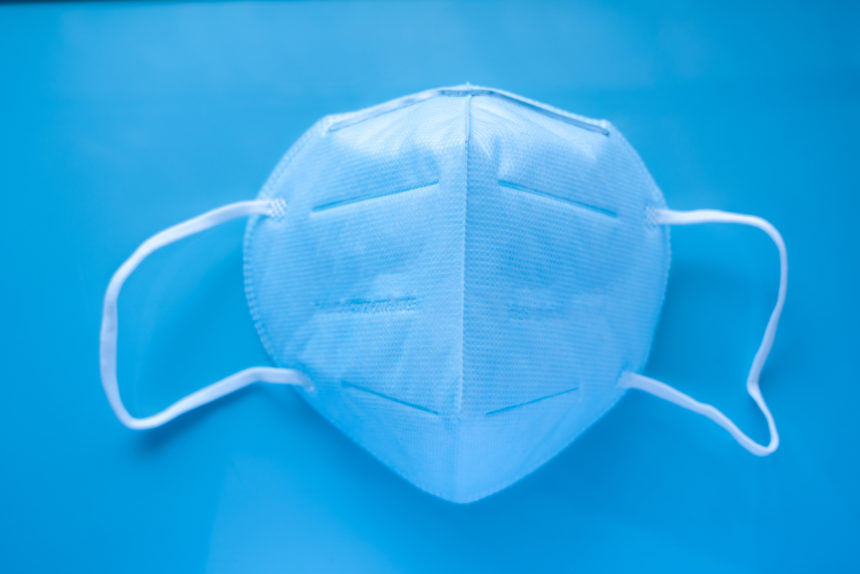The increasing cost of personal protective equipment is making it difficult for some assisted living communities and nursing homes to hire more nurses and caregivers to battle against COVID-19.
And unlike nursing homes and hospitals, however, assisted living operators have had no federal help in the form of financial assistance through the federal Coronavirus Aid, Relief, and Economic Security Act Provider Relief Fund or through PPE shipments.
One health director for an assisted living community in Texas told Politico that the scenario is a “recipe for disaster.” Her request for additional nursing staff during an outbreak was rejected by a regional operations manager, she said, because corporate investors would not approve the expense. As the only registered nurse in the approximately 100-unit community, she has overseen care for more than 60 residents who have tested positive for the disease since late June, and eight of them have died, according to the media outlet.
Hospitals are proving to be stiff competition as long-term care operators try to recruit workers, too.
“Given the cost of hero pay, and bonus payments and recruiting bonuses, they can’t compete in the market,” Texas Health Care Association President and CEO Kevin Warren said to Politico, speaking of senior living and skilled nursing providers.
In June, the leaders of the American Health Care Association / National Center for Assisted Living told the heads of the Department of Health and Human Services and the Federal Emergency Management Agency that assisted living communities needed $5 billion in emergency relief funding to pay for staffing, testing and personal protective equipment to fight COVID-19. One-time COVID-19 testing for assisted living alone would cost $232 million, AHCA / NCAL previously estimated. In April, Argentum and American Seniors Housing Association leaders told the U.S. Department of Health and Human Services that the COVID-19 pandemic ultimately could have a $40 billion to $57 billion financial impact on the U.S. senior living industry over the next year.


